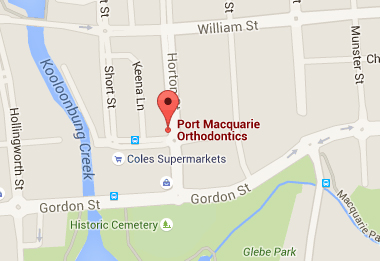Getting a great smile is achievable, but it’s important you receive treatment from a specialist to get the best results. That specialist is an orthodontist.
What is the difference between a dentist and an orthodontist?
A dentist and an orthodontist play two different, but important, roles in the care of your teeth. Regular check-ups with your dentist help to ensure you maintain your overall oral hygiene. A dentist will look for signs of cavities, plaque and gum disease, as well as advise you on proper teeth brushing and oral care techniques. An orthodontist is concerned with the overall alignment of your teeth and jaw and corrects this using orthodontic appliances such as braces.
What problems can an orthodontist fix?
Not all of us are blessed with a straight smile, but that doesn’t mean we can’t get one. If your teeth are crowded, crooked or perhaps they have large spaces between them, an orthodontist can guide them into a straighter position. Similarly, problems with your jaw, such as an under or overbite, can be fixed with orthodontic treatment.
What qualifications does an orthodontist have?
An orthodontist has started out studying dentistry and will have an undergraduate degree in this field. They will then have gone on to study at master’s level for an additional two-to-three years to specialise in orthodontics.
Benefits of seeing an orthodontist
There are many benefits to having orthodontic treatment. Some of these include:
- Professional treatment from a specialist
- State-of-the-art technology
- Modern and effective techniques
- Improved overall health
- Greater self-confidence




